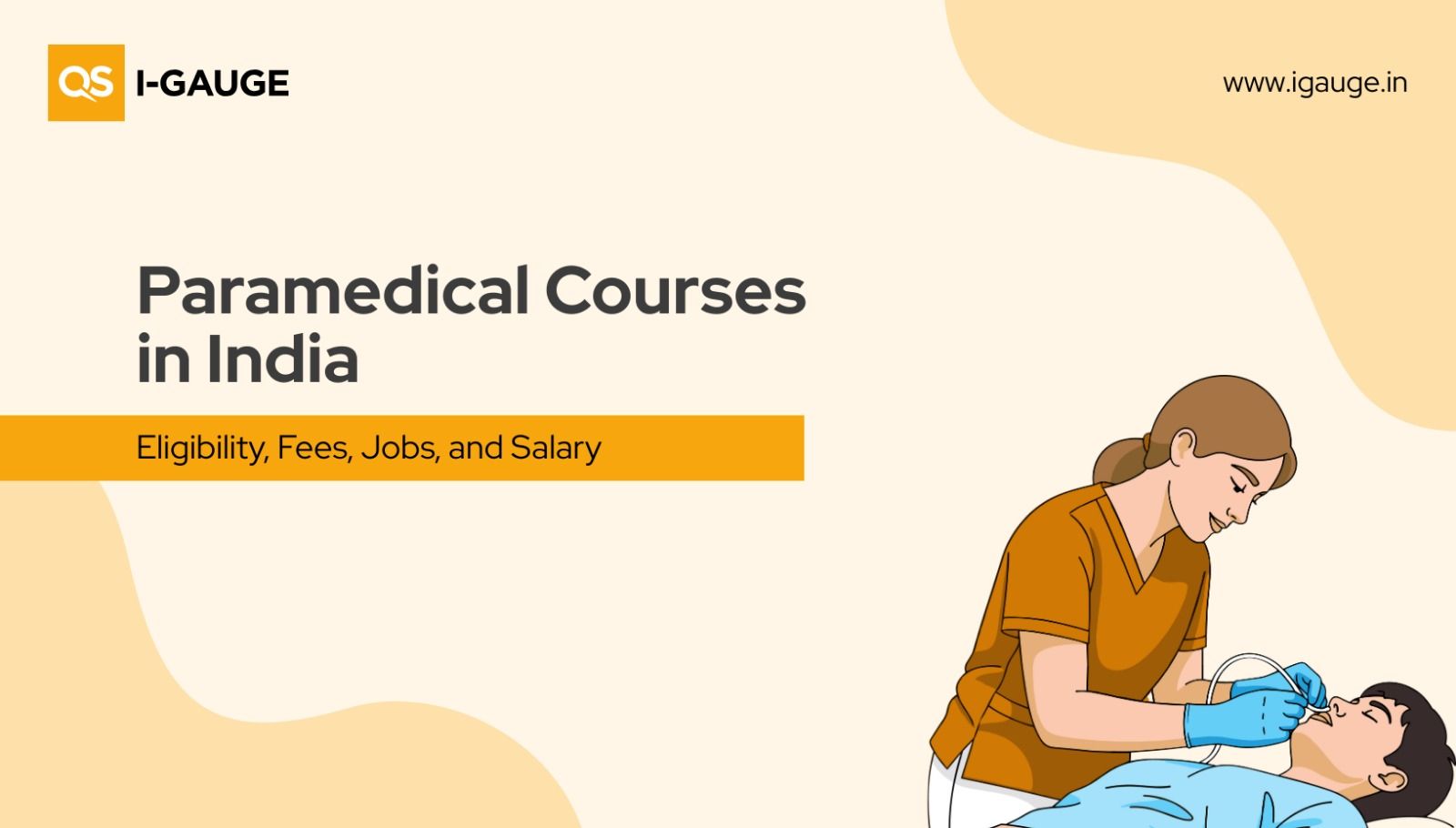
"The quality of an education system cannot exceed the quality of its teachers." - Andreas Schleicher
The quote emphasises the crucial role of teachers in an education system. High-quality teachers are key to effective education, leading to better student outcomes and educational standards. Conversely, when this quality deteriorates, it can hinder success, regardless of other factors.
The qualifications of educators have become a crucial aspect in assessment frameworks due to the growing focus on quality education and research output.
Before delving into the topic, let us understand the significance of faculty qualification in a higher education ecosystem.
1. The qualifications and research acumen of faculty members directly impact the educational standards maintained by an institution. The academic achievements of educators play a pivotal role in shaping student knowledge, skill sets, and overall career advancement.
2. The expertise of faculty members drives academic innovation by fostering novel concepts, guides emerging academics, and facilitates groundbreaking research and advancements in teaching techniques.
3. Educational institutions with highly skilled faculty members are seen as hubs of excellence, drawing in top-tier students, faculty, and partnerships. This favourable perception elevates the institution's standing, making it even more appealing to the stakeholders.
4. Higher rankings, driven by proficient faculty, result in higher enrollment rates. Potential students frequently view rankings and ratings as a significant aspect to make informed decisions. Institutions with highly qualified faculty are seen as more reputable and competent in delivering quality education, making them more attractive to students.
5. Students often admire faculty members who have succeeded in their field, finding inspiration and encouragement to pursue similar paths. Additionally, educators with extensive experience in academic and professional fields can provide valuable guidance and support to students, resulting in improved overall performance and outcomes.
6. Educators with advanced degrees and strong research backgrounds are inclined to participate in research endeavours, publish in esteemed journals, and successfully secure funding for their projects. Consequently, this elevates the institution's reputation and standing.
As a case in point, professors holding a doctorate, typically possess a more profound knowledge of their field compared to faculty members with a master’s degree or similar qualifications. Similarly, faculty members with professional degrees and certifications relevant to their area of expertise are acknowledged for their high level proficiency and expertise in the subjects they teach. Research suggests that these factors have a considerable influence on learning outcomes, leading to higher grades, increased interest in studies, and enhanced competitiveness.
Impact of faculty qualifications in institutional assessments in India
A. It is seen that educational institutions with highly qualified faculty members tend to experience increased graduation rates, improved job placements, and successful alumni records, leading to better higher institutional rankings and ratings.
B. Faculty qualification is a key metric in evaluating the quality of higher education institutions. These are few areas considered to assess it –
1. Advanced degrees such as Ph.D., M.Phil. etc.
2. Professional certifications and licenses (as applicable)
3. Years of teaching experience, industry experience, and research experience at a national or university-level institution
4. Teaching effectiveness through student feedback and peer reviews
5. Achievements in the field of specialisation
6. Involvement in research activities and the institution’s international collaborations
7. Contribution to the institution in terms of student mentorship, development of curriculum, etc.
8. Performance assessment to evaluate professional development and student outcomes.
C. Ranking and rating systems, and accreditation bodies heavily emphasise the qualifications of faculty members. It is seen that institutions with a larger proportion of faculty members with doctoral degrees tend to attain higher rankings and ratings.
For instance:
1. A study published in the Journal of Higher Education found that universities with over 70% of faculty holding Ph.D. degrees saw an average institutional rating increase of 15% compared to those with fewer Ph D qualified faculty.
2. A report by the Chronicle of Higher Education indicates that colleges with a high percentage of experienced and well-qualified faculty (measured by advanced degrees and years of service) have student satisfaction scores 30% higher than those with less qualified faculty.
Conclusion
Faculty qualifications play a crucial role in determining an institution’s overall status. But, even the most skilled educators should learn and stay updated to consistently offer top-quality education. By utilising AI tools, teachers can stay informed about the newest developments in their field, guaranteeing that students gain up-to-date and pertinent knowledge. Continuous learning improves teaching effectiveness and enhances the overall educational journey.
Institutions that focus on recruiting and retaining qualified faculty members are more likely to attain higher rankings and ratings, offer quality education, and in turn, draw students and research funding.
Disclaimer:
The blog is curated by referring to various credible sources and does not necessarily reflect the opinions or positions of QS I-GAUGE. The information provided is for general informational purposes only, readers are advised to conduct their own research and seek professional advice before making any decisions.
Read more:
https://www.igauge.in/blog/detail/importance-of-independent-rating-for-colleges-and-universities/162
https://issuu.com/imtnagpur2022/docs/importance_of_faculty_qualifications_and_research_/s/21637911
https://www.linkedin.com/pulse/importance-teacher-qualifications-effective-education-modiraparambil/
https://www.deccanherald.com/education/quality-education-needs-academic-audits-3088686
https://www.qs.com/whats-the-secret-to-indias-growing-success-in-the-qs-world-university-rankings/




